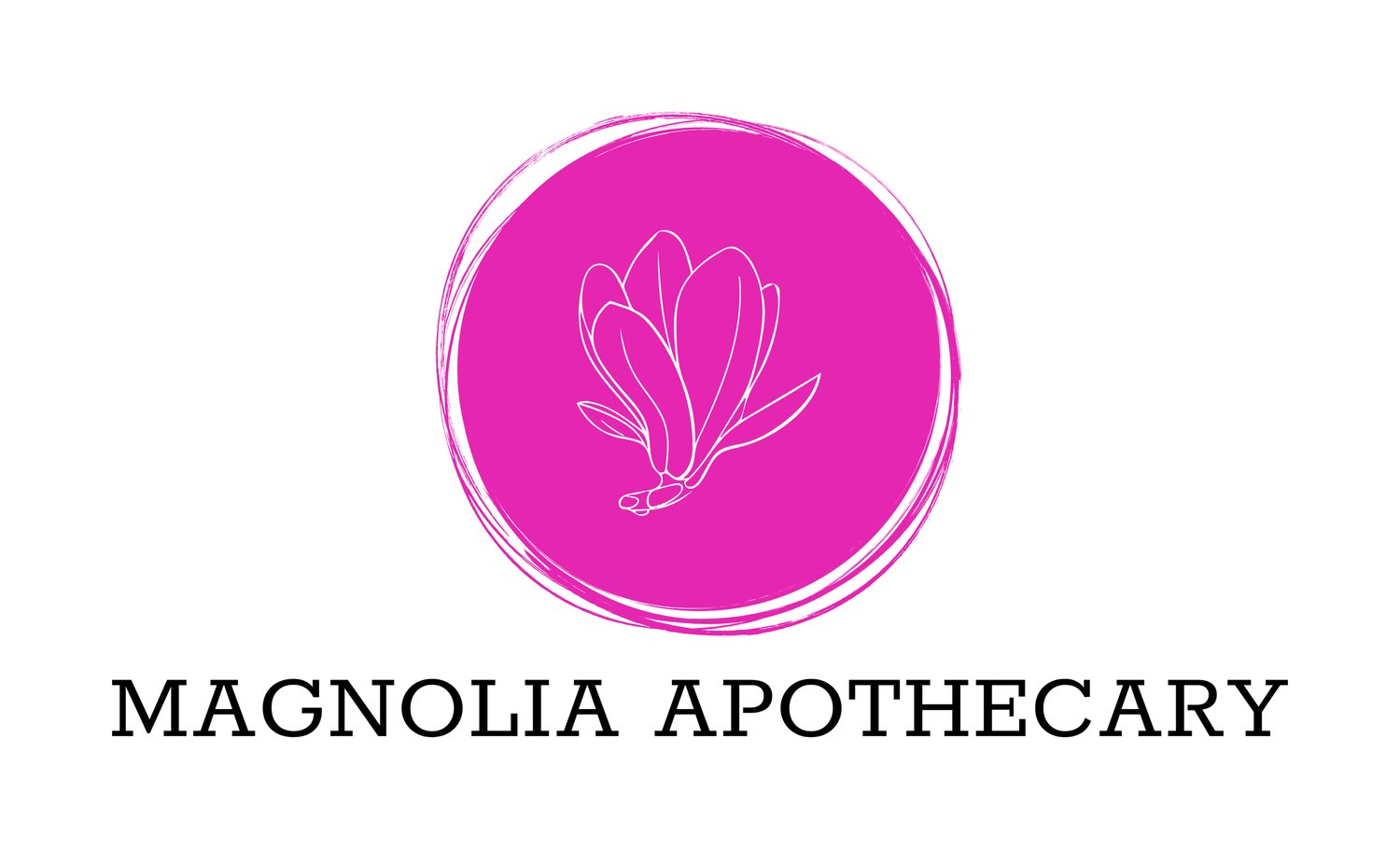Why we need Magnesium
Magnesium is a nutrient I talk a lot about. My kids love to joke about it whenever I talk about a health condition. They say, “Sure you just need Magnesium!” and they have a good laugh as I am always spouting the need for this nutrient. But truly the importance of this mineral was bought home to me again last week.
I have started exercising at the gym again and I had changed up my nutrient routine, due to a change in some blood results. What this meant was that I was not taking magnesium at the same level and sometimes not at all. Then the fatigue set in big time! I was trying to figure what was going on, maybe low in iron, maybe my thyroid was playing up, but I was also getting a few headaches and the eye twitch came back along with brain fog and lack of motivation. I was feeling flat even though I was exercising daily and wasn't considering magnesium.
Then I got a migraine, something I haven't had for many years and magnesium was at the top of my list. A key nutrient for migraines. So I took a big dose of magnesium, divided over the day, and within about an hour the migraine has eased and the brain fog had lessened. My brain then remembered that in order to produce ATP (your energy molecule) you need magnesium. And as I also carry a double SNP on COMT (involved in mental health and liver detoxing), it requires lots of magnesium to overcome, I realised my magnesium levels needed readdressing.
The Importance of Magnesium
This essential nutrient plays a big part in your daily health status. It is involved in over 300 different chemical reactions in the body involving the muscular, cardio-vascular, neurological, skeletal, and metabolic systems.
Magnesium is in the soil and the plants grown in it should take up the available magnesium. Ideally! But due to a lack of this mineral being found in our soil, our plants are also becoming Magnesium deficient. This effectively means we are not getting the magnesium we should from our plants.
The reason for this is complex but includes the need for better crop management like bio-dynamic farming principles. Also, sandy soils have less magnesium than clayey soils. Rainfall, water run-off and soil quality are also involved in the magnesium dilemma.
Why do we need Magnesium?
As I stated this little nutrient is involved in over 300 different applications, so it is rather important to have. When you are deficient it can affect many different body systems (and didn't I see that). Some of the conditions you may experience when Magnesium deficient include:
Migraines and headaches
Sleep disturbances
Depression and Anxiety
Muscle cramps
Bone disease
Fatigue and low energy
Irregular heartbeat
Bad body odour
I was having a lot of these symptoms including the migraines and headaches, fatigue, low energy, cramps, heart palpitations (although this can also be low iron and hypothyroid so I didn't associate this one immediately) and I did notice a change to my body odour when sweating.
So how can you increase your Magnesium?
Well, if you are a chocolate lover (dark chocolate – not milk or white) then you are in luck as this is a wonderful source of magnesium. It is also a sign on deficiency if you are craving chocolate!
But this is not the only food containing Magnesium. Nuts and Seeds, green leafy vegetables and legumes also contain good amounts. Unfortunately, sometimes the amount is not always available to you.
Magnesium is sensitive to stress, which means you excrete it faster when you are in a stressful state, or drink too much coffee/tea or have a high sugary diet. All the things you crave when in a stressful state!
For me I know when I get a flicker or muscle twitch under my eye that I need some more Magnesium, or I start to experience cramps in my feet and calves.
Often supplementation is needed and there are different types of Magnesium for different purposes. This is where consulting a Naturopath is a good option. Heart health requires a specific type versus your muscle cramps.
If you do experience muscle cramps, headaches, or anxiety, then using a flotation tank is a great option. A flotation tank is loaded with magnesium salts as this is what makes you float. But while you are in it you do absorb the magnesium via the skin. Epsom salts have been used for hundreds of years to help improve magnesium status and subsequent health benefits.
So, if you want to know a bit more about magnesium you can download the handout below. Or if you want to book in for a nutritional consult you can book here.
